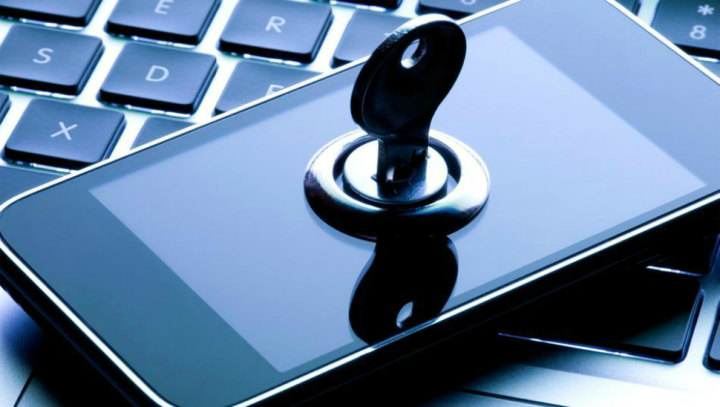
All this came about in an interesting way. It began with a petition created by a digital rights activist being put up on the White House’s We The People website, where ideas are put forward for the government to consider, requesting a change to the relevant section of the Digital Millennium Copyright Act. More than 114,000 people ended up signing the petition, and the huge response prompted the FCC to work with Congress, networks, and the government to come up with a solution. Once signed, the Unlocking Consumer Choice and Wireless Competition Act became the first We The People petition to bring about a legislative change.
What does it mean to you? It doesn’t stop phones from being locked, but it does mean you’re free to unlock them and choose another network if you want. Also, it makes it legal to look for phone unlocking services if you can’t do it yourself.
The change is expected to have “a real impact,” according to a post on whitehouse.gov, where it’s described as “a win for American consumers, a win for wireless competition, and an example of democracy at its best.” It’s great news, so let’s hope another decision in the future doesn’t reverse all the hard work. In the meantime, if you want to unlock your phone, feel free to do so – legally.



